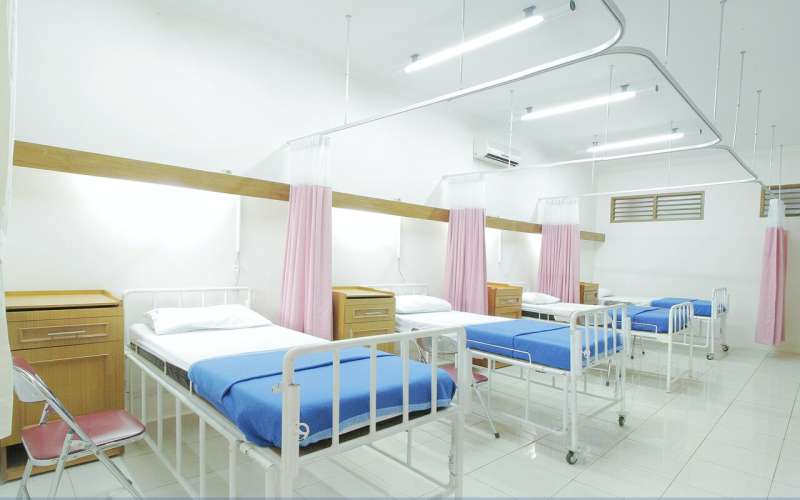This article has been reviewed according to Science X's editorial process and policies. Editors have highlighted the following attributes while ensuring the content's credibility:
fact-checked
trusted source
proofread
Multicultural Psychology Consultation Team promotes culturally responsive care in hospital system

The synergistic epidemics of COVID-19, racial injustice, and health inequities have prompted patients and communities to press harder for culturally responsive health care. In Harvard Review of Psychiatry (HRP), members of the originating Multicultural Psychology Consultation Team (MPCT) describe how they're delivering culturally responsive mental health treatment while promoting inclusive health care workplace environments.
The lead author is Stephanie Pinder-Amaker, Ph.D., a clinical psychologist and Chief Diversity Equity, and Inclusion Officer at McLean Hospital, part of the Mass General Brigham hospital system in Boston.
'Build the horse before presenting the cart'
Many hospital systems and clinics desire to increase the racial and ethnic diversity of their patient populations, but that goal presents several organizational challenges, Dr. Pinder-Amaker and her colleagues note. Chief among them is that historically White-serving and socioculturally homogenous treatment programs must ensure they're prepared to work effectively with patients of diverse sociocultural identities—"build the horse before presenting the cart."
Prior to recruiting diverse workforces and patients, the authors caution, health care system stakeholders must understand why they lack diversity and embrace the practice of cultural humility. In contrast to cultural competence, cultural humility incorporates commitment to critical self-reflection and lifelong learning, recognition and mitigation of power imbalances (e.g., between patients and doctors and between trainees and supervisors), acknowledgement that expertise rests within patients and communities served, and aspiration for institutional and organizational alignment and accountability.
Increasing an organization's cultural humility and responsiveness "would mitigate the long-standing and well-documented experiences of bias, marginalization, and trauma experienced by minoritized patients and staff within US health care systems and build capacity for delivering the culturally responsive treatment and services patients require and deserve," Dr. Pinder-Amaker and colleagues state.
MPCT raises awareness of systemic influences on patients and providers
The MPCT was founded to provide effective consultation and support to hospital clinicians conducting culturally responsive mental health treatment, foster a network of clinicians and leaders interested in multicultural treatment processes, and encourage innovation and dissemination of culturally responsive treatments within and beyond the hospital system. It began as a venue for psychologists and psychologists in training, but quickly grew to include psychiatrists, psychiatric nurses, and social workers.
All team members must have clinical training and be actively providing or supervising direct services and/or be involved in applied clinical research. They have regular, structured meetings that include time to share upstander moments from their work or personal lives and get feedback from their colleagues. The authors explain, "MPCT defines upstander moment as a time when someone acts to correct or address something identity-related that went wrong (e.g., witnessed a microaggression/identity-related aggression or witnessed evidence of an unjust system)."
Over its first two years of operation, the team developed and refined the ADDRESSING Identities treatment group and Identities in Treatment Scale based on Dr. Pamela Hay's ADDRESSING model for integrating sociocultural identity factors into mental health treatment, consolidated resources and clinical tools into a website that's accessible to any clinician and patient, and launched a consultation service within McLean Hospital.
The latter helps departments and other units address ongoing systemic barriers to an equitable, culturally informed, inclusive hospital community; consultants are compensated with an annual stipend or bonus.
"We recommend that systemic infusion of cultural humility, multiculturally responsive clinical care, and support for providers delivering care be prioritized in concert with efforts to increase access to care for diverse patients," the team summarizes. "We offer MPCT as a model for supporting these aims."
More information: Stephanie Pinder-Amaker et al, Making an MPCT: Building and Sustaining a Multicultural Psychology Consultation Team (MPCT) Within an Academic Medical Center, Harvard Review of Psychiatry (2023). DOI: 10.1097/HRP.0000000000000372




















